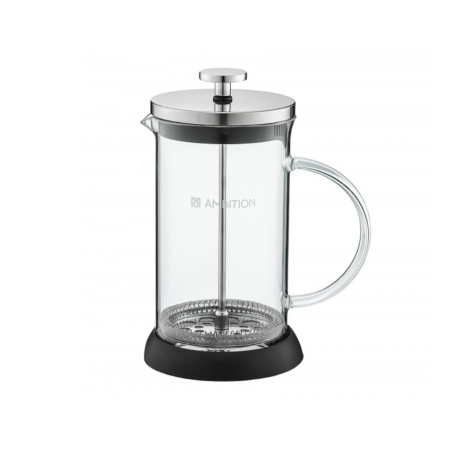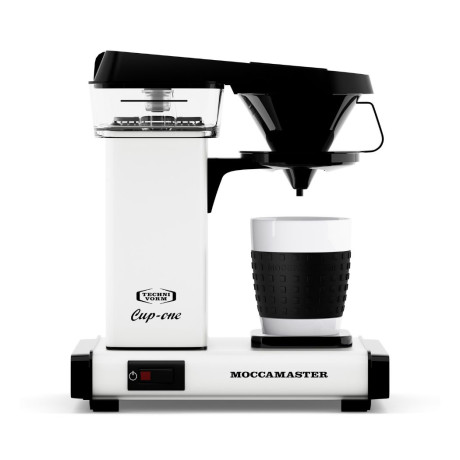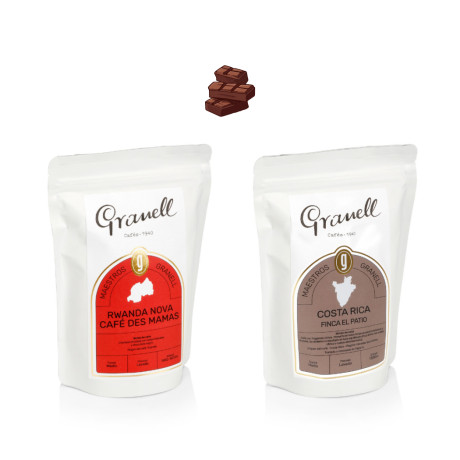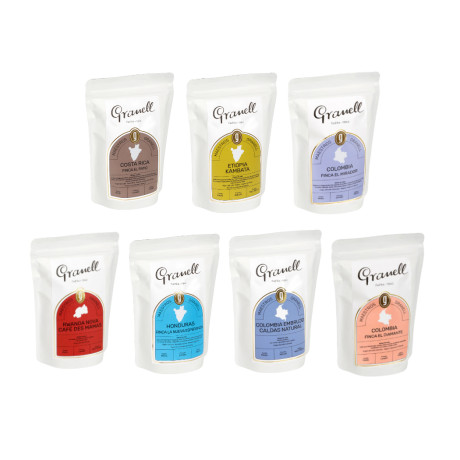Coffee is one of the most consumed beverages in the world, but not all coffee is the same. In recent years, specialty coffee has gained popularity among coffee lovers, offering a unique sensory experience that goes beyond simple caffeine. But what exactly is specialty coffee, and why is it considered so special?
The Origin of the Term "Specialty Coffee" The concept of specialty coffee was born in 1974 when coffee expert Erna Knutsen used the term to describe the highest quality coffee beans, grown under specific conditions and with exceptional flavor characteristics. Since then, this concept has evolved and solidified through organizations like the Specialty Coffee Association (SCA), which sets the quality standards for this type of coffee.
According to the SCA, a specialty coffee must score at least 80 points out of 100 in a professional tasting conducted by experts called Q Graders. These specialists evaluate the coffee based on attributes such as acidity, body, sweetness, and balance, ensuring that every cup is a unique experience.
Why is Specialty Coffee So Special?
Unlike commercial coffee, which often mixes beans from different origins and qualities, specialty coffee stands out for its traceability, artisanal process, and distinct flavor profile. Some of the key factors that make it special include:
- Cultivated in Optimal Conditions: Specialty coffee comes from coffee-growing regions with specific climates and altitudes that favor the development of complex flavors. Countries like Colombia, Ethiopia, Kenya, and Costa Rica are known for producing some of the best specialty coffees in the world.
- Careful Selection of Beans: Each bean is handpicked to ensure that only the highest quality ones reach the consumer. Defective and immature beans are removed, guaranteeing a cup free from undesirable flavors.
- Artisanal Processing: There are different methods of processing coffee, such as washed, natural, and honey, each of which influences the final flavor of the coffee. While the washed process enhances acidity and flavor clarity, the natural process contributes more sweetness and fruity notes.
- Traceability and Sustainability: One of the most important aspects of specialty coffee is its traceability. The farm, producer, coffee variety, and cultivation methods are all known. Additionally, many of these coffees come from sustainable and fair trade farms, ensuring fair labor conditions for the coffee growers.
- Precision Roasting: Specialty coffee is roasted in small batches and on demand to preserve its freshness and highlight its unique characteristics. Unlike commercial coffee, which is roasted in large quantities at high temperatures, specialty coffee roasting is a controlled process that aims to bring out the unique flavor notes of each bean.
- Preparation that Respects the Bean's Quality: To fully enjoy specialty coffee, it’s important to choose the appropriate brewing method. Some of the most recommended options are:
- V60 or Chemex: Filtration methods ideal for bringing out fruity and floral notes.
- Aeropress: A versatile method that allows adjusting the extraction to achieve different flavor profiles.
- French Press: Adds more body and depth to the coffee.
- Espresso: An intense, concentrated preparation that enhances caramel and chocolate notes.

| Characteristic | Specialty Coffee | Commercial Coffee |
|---|
| Bean Quality | Hand-selected, defect-free | Mixed beans of different qualities |
| Traceability | Exact origin and producer known | Generally unknown |
| Processing Method | Artisanal, with quality control | Industrialized, without specific control |
| Roasting | Small batches, highlighting flavor notes | Mass-produced, for volume |
| Freshness | Roasted on demand | May be stored for months |
| Flavor | Complex, with defined and balanced notes | More bitter and flat |













